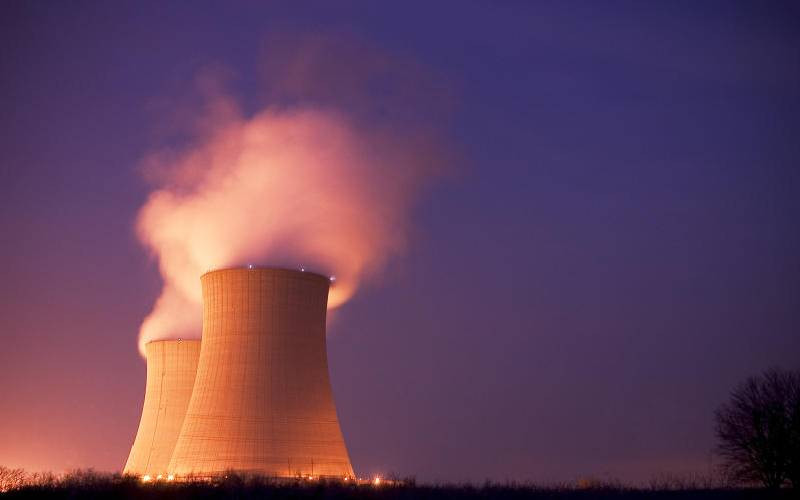×
The Standard e-Paper
Join Thousands Daily

Kenya is among African counties that have pledged to ensure the continent remains a nuclear-weapons free zone even as the continent seeks safe exploitation of nuclear technology.
During celebrations to mark the 14th anniversary of the African Nuclear Weapon Free Zone Treaty - the Pelindaba Treaty - in Nairobi on Saturday, the African Commission on Nuclear Energy (Afcone) urged countries to take stock of the achievements and challenges they have faced in implementing the Pelindaba Treaty.